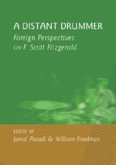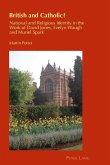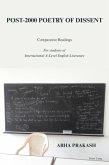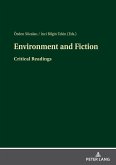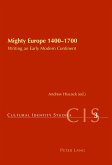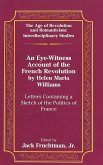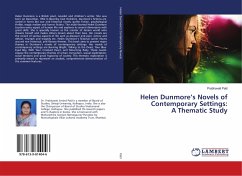The Irish writer and critic Helen Waddell burst onto the publishing scene of the 1920s and 1930s as a phenomenon, a scholar whose books became instant bestsellers. Cross-fertilizing academic research with a vivid imagination, her literary history The Wandering Scholars explores the secular joys of the scholares vagantes, an emotional undercurrent traceable throughout the ascetic centuries. Waddell's translations of Mediaeval Latin Lyrics read as poems in their own right; her novel, Peter Abelard, grounds the tragedy of the famous lovers Heloise and Abelard in the woof and warp of medieval humanism.
At the time, the academy acknowledged her learning but deemed her methods insufficiently objective. Modern scholarship has finally caught up with Waddell, and the essays in this volume reassess her achievement from the perspectives of medieval, English, cultural and Irish studies. They investigate this romantic's modernist insights and demonstrate how her Irish roots were reinscribed in her cross-cultural, transnational humanism. They examine her scepticism regarding conventional historiography and her cutting-edge engagement with medieval theology. They explore the range of her writings, from adaptations of ancient Chinese lyrics through translations from medieval Latin, interacting allusively with cultural ideologies and literary texts. These new readings show how Waddell's accessible, imaginative, scholarly works continually challenge academic and literary orthodoxies.
At the time, the academy acknowledged her learning but deemed her methods insufficiently objective. Modern scholarship has finally caught up with Waddell, and the essays in this volume reassess her achievement from the perspectives of medieval, English, cultural and Irish studies. They investigate this romantic's modernist insights and demonstrate how her Irish roots were reinscribed in her cross-cultural, transnational humanism. They examine her scepticism regarding conventional historiography and her cutting-edge engagement with medieval theology. They explore the range of her writings, from adaptations of ancient Chinese lyrics through translations from medieval Latin, interacting allusively with cultural ideologies and literary texts. These new readings show how Waddell's accessible, imaginative, scholarly works continually challenge academic and literary orthodoxies.


